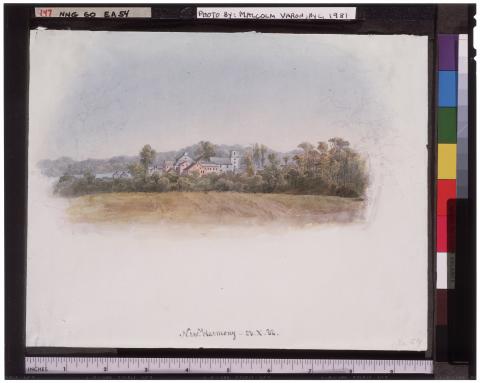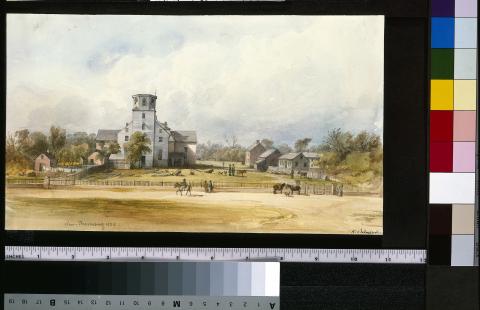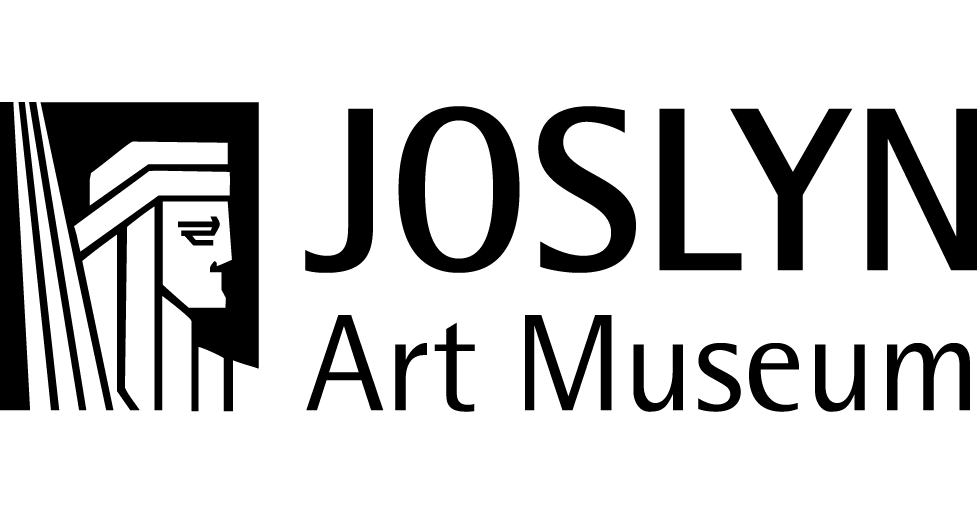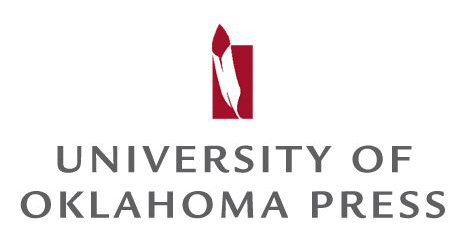November 20, 1832
20 November: During the night the wind had subsided. In the morning, overcast sky. At seven thirty, -4°R [23°F, -5°C]. It had been very cold in the large room where Mr. Bodmer and I were staying, and we were quite chilled through when the breakfast signal came, which in this house is always given with a large triangle, which is struck twice. M28 In all the inns of Harmony (of which there are three), the triangle is rung at mealtime. Mr. Owen has acquired the privilege of selling these triangles, so that every innkeeper is supposed to be obligated to buy from him. In all In North America it is the prevailing custom that no one can have breakfast or dine in his room; a bell is rung, and then everyone comes storming in.
From our window Mr. Bodmer today sketched Mr. Rapp’s church, or what is now called the Hall, and the home of Messrs. Lesueur and Twigg. This task is very troublesome, however, because one must stand up frequently to warm oneself; for just six paces away from the large open fire, one can see one’s breath in the form of dense vapor. Mr. Say visited us, and we talked about the price of land in this region. It is not cheap. Someone brought me a crane (Grus canadensis) that had been shot with a rifle. At noon, 1°R ⟨[34.3°F, 1.3°C]⟩. The ground has thawed.
In the afternoon, a stroll with Mr. Say. In Mr. Maclure’s big orchard we found Picus villosus and pubescens on the apple trees and Certhia familiaris along the Wabash. Our three dogs attacked the domestic pigs, and we had great difficulty rescuing one of them. On the way back we came upon the old lumber near Mr. Lesueur’s hall, or studio. Right there, at the spot where the rabbit was roused yesterday, someone had shot a mink that had killed six chickens during the night.
Dreidoppel and Mr. Bodmer returned in the evening from their hunt and brought back a parakeet that had been shot in the wing and seems to be growing tame (see Natural History Observations [Diary], p. 74). A most delightful bird that endures the most intense winter cold here. A flock of these birds was cheerfully perched on a tall tree in the midst of ice and snow frost. It would have been appropriate to name this species Psittacus septentrionalis, since this is the parakeet that has spread farthest to the north. In addition to this bird, they had bagged a beautiful blue jay (Corvus cristatus Linn.)




